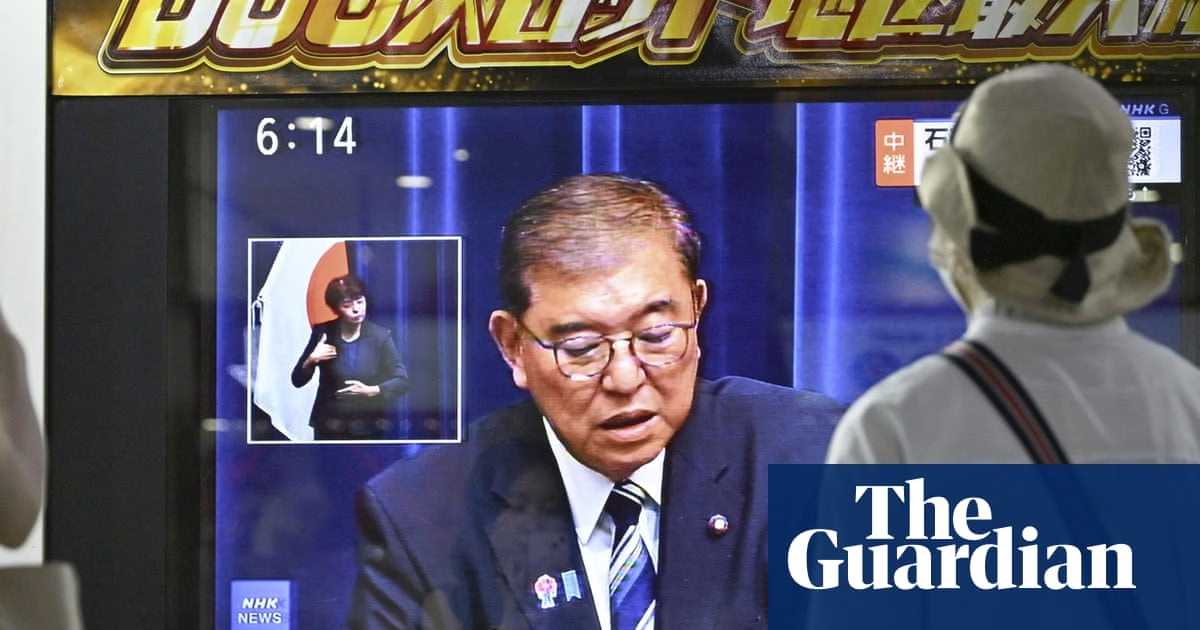The unexpected timing of Japanese Prime Minister Shigeru Ishiba’s resignation announcement on a Sunday evening surprised many; while it seemed sudden, the countdown to his departure unofficially began shortly after his assuming office.
Ishiba, the new president of the Liberal Democratic Party (LDP), the political behemoth that has mostly governed Japan for the past seven decades, called for a snap election following a significant funding scandal and to silence internal opponents. Unfortunately, his decision backfired, marking a disaster for Ishiba’s political career and raising concerns about the LDP’s ongoing battle with “money politics.”
The LDP, alongside its coalition partner Komeito, lost its majority in the lower house, forcing Ishiba to lead a minority government. This defeat followed a previous loss of majority in upper house elections and highlighted the public’s discontent with the funding scandal.
Ishiba’s predecessor, Fumio Kishida, apologized for the scandal and promised to avoid fundraising parties during his prime ministership. However, the issue lingered, as many involved in the scandal were not prosecuted and there was a lack of clear regret from the party, including Ishiba himself, who faced criticism for offering gift certificates to new LDP members.
The public anger over money in politics was dismissed by many lawmakers, as acknowledged by the Mainichi Shimbun. Despite Ishiba’s efforts to address the scandal, including the abolition of “policy activity expenses,” no straightforward moves were made to ban corporate and group donations to party branches.
As a result, Kishida’s scandal eventually led to Ishiba’s resignation. Historically, the LDP has experienced setbacks before but has managed to recover. Currently, the party seeks a new leader capable of revitalizing its image and fostering unity.
The upcoming LDP leadership election may overlook important economic and foreign policy discussions in light of the current existential crisis the party faces. Despite Ishiba’s acknowledgment of the voter’s “severe judgment” on his party after both the upper and lower house elections, it remains to be seen whether the party can regroup and avoid a more significant defeat.
Source: https://www.theguardian.com/world/2025/sep/08/japan-shigeru-ishiba-resignation-next-pm-will-face-problem-that-wont-go-away







